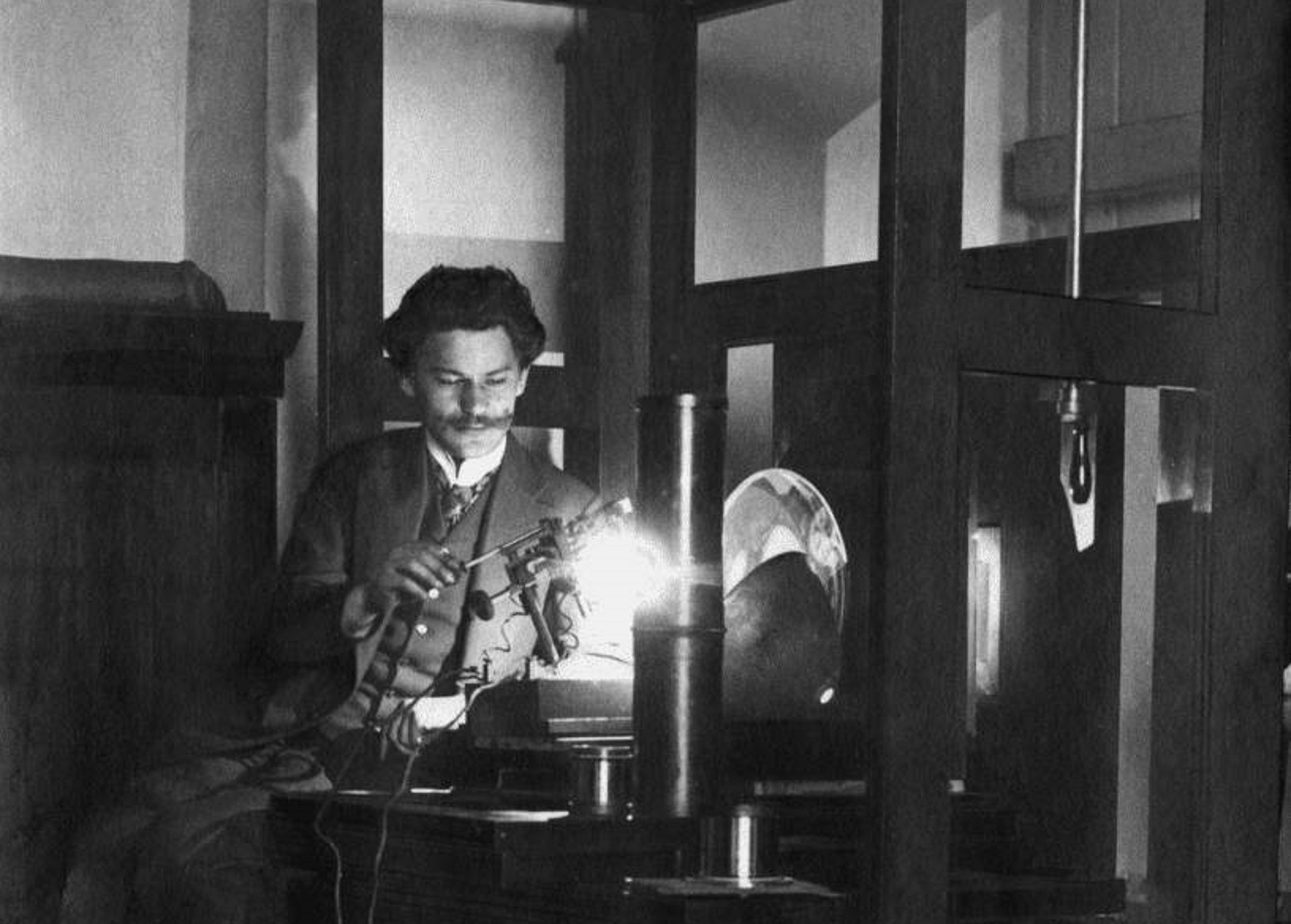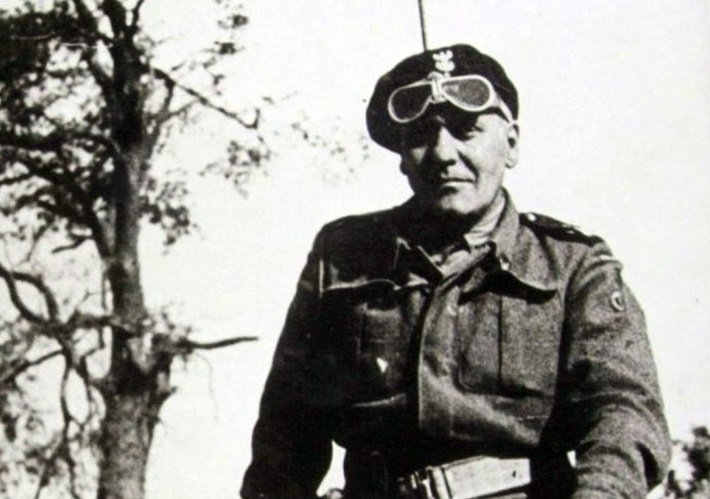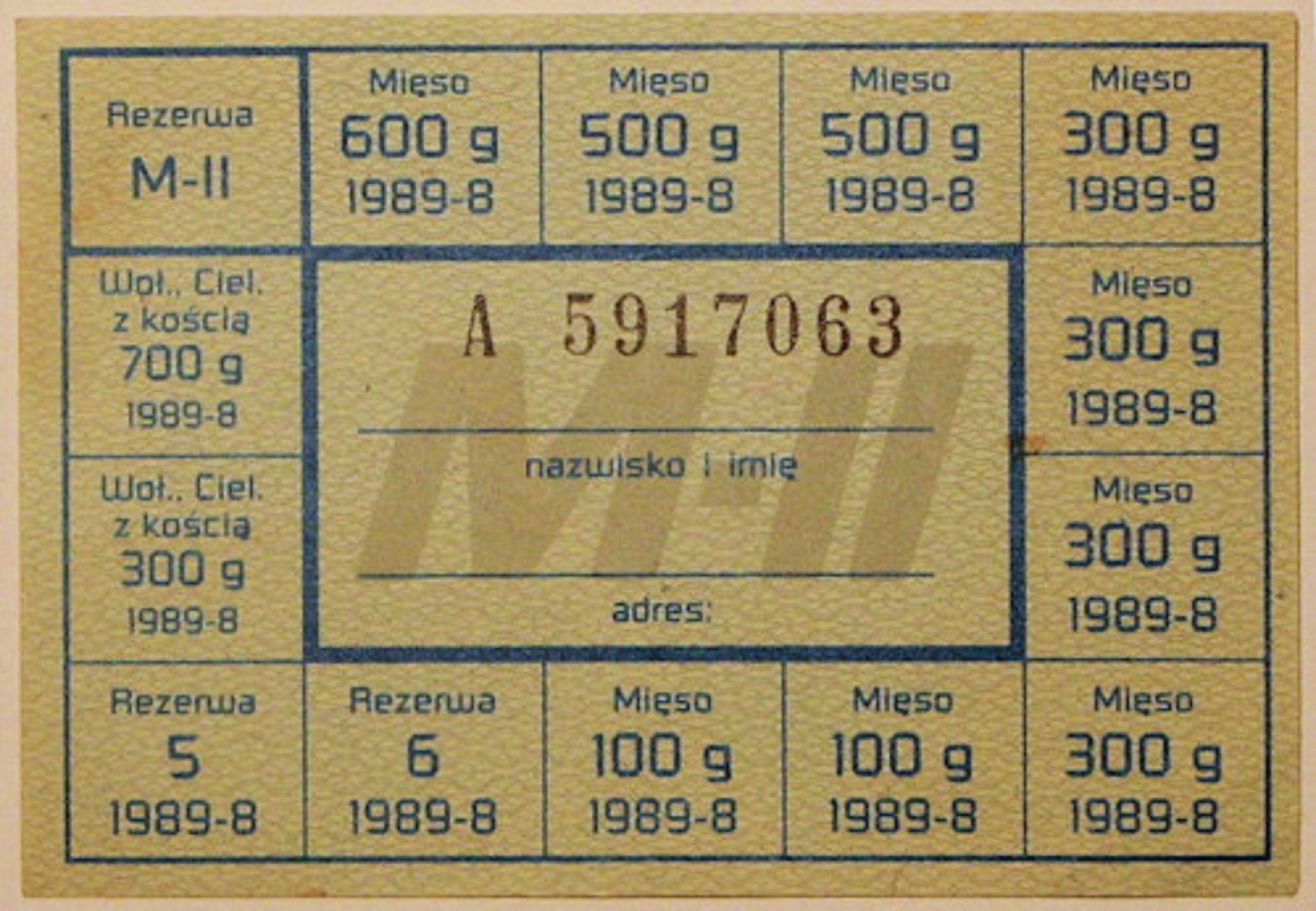The Ukrainian case during the Polish-Bolshevik war of 1919-1921
Piłsudski was of the opinion that the Republic of Poland could not survive between “two millstones” – the Russian Empire and Germany. Germany was ethnically homogeneous; it was impossible to break them down. The shifting of the border in Silesia, Pomerania or Prussia would not change the essence of the potential disproportion between them and…




